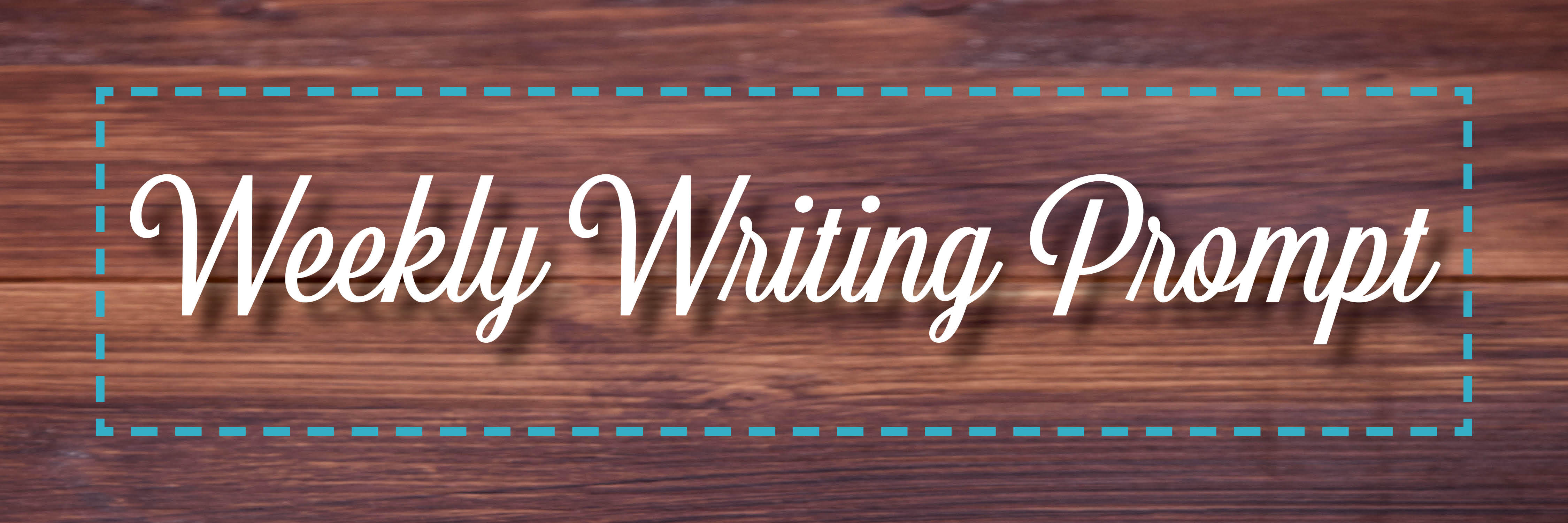Weekly Prompt: won't you celebrate with me

Every post in this series will include a weekly reading and a list of prompts in response to that reading. Some of them will be focused on craft; some will ask you to evaluate content.
This idea was born from an MFA course I took that focused almost entirely on emulating the style of other writers and then reimagining that first draft into something that was our own but still had echoes of the original. It's also inspired by the heightened sociopolitical reality so many of us come face to face with each day.
Writing can be for pleasure; it can be cathartic; it can be used as a tool; it can preserve memory; it can foster connection. Whatever it may be, I hope this series helps you find what you're looking for out of your practice.
______________________________________________________
Week of November 9
Reading: "won't you celebrate with me" by Lucille Clifton
Craft element to note: A call to action. When writing a political essay, it's important to give readers an in. Sometimes this in will be obvious: a reader already agrees with what you're saying. Other times, you'll need to coax them in before you can start convincing them to consider what you're saying. This is the same with poetry.
Clifton begins her poem, "won't you celebrate with me / what i have shaped into a kind of life?" And this is a call to action, but it's also an invitation—one hard for readers to turn down. Notably, we also start in the past, far removed from immediate tension. Each line builds up a beautiful rendition of a woman: autonomy of self, starshine and clay, hands holding tight, a celebration. It isn't until we get to the end that we fully understand what Clifton's call to action is asking: not for us to celebrate her life, but for us to celebrate that she still is alive, despite all of the oppressive systems working against her. The end slaps you into paying better attention, and that is ultimately what she's asking: for readers to better understand the reality of life for Black women.
Prompts:
- Write a poem about a strong sociopolitical belief you hold aimed at readers who agree with that belief.
- Take the same poem, but rewrite it to coax unwilling readers in.
- Choose a call to action that is simultaneously acting as an invitation, written as a question, and start a poem with it.
- Using that same call to action, write it as a statement, no invitation necessary, and end a poem with it. How does that difference change the content?
- Choose an aspect of your self you feel has been ignored, undermined, disrespected, made into a stereotype, or discriminated against. Following the structure of Clifton's poem, invite the reader in, build up how that aspect is empowering, and then end with a clarification on what your invitation is really asking.